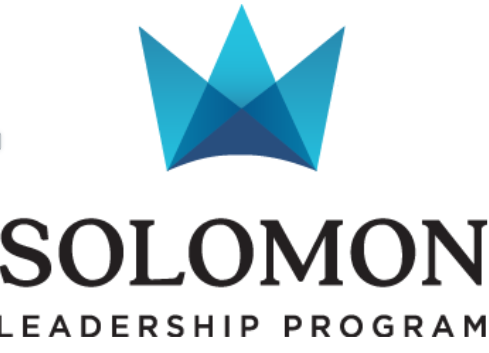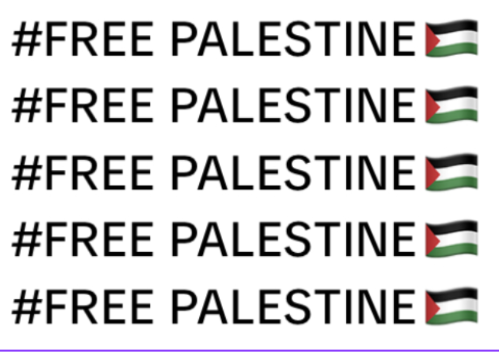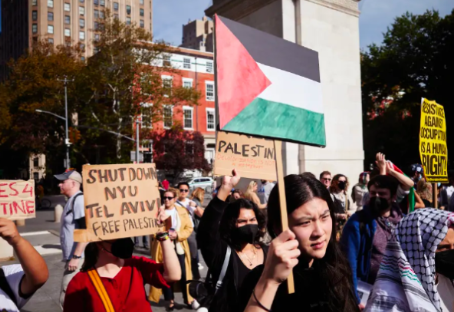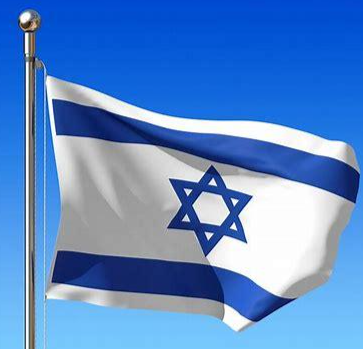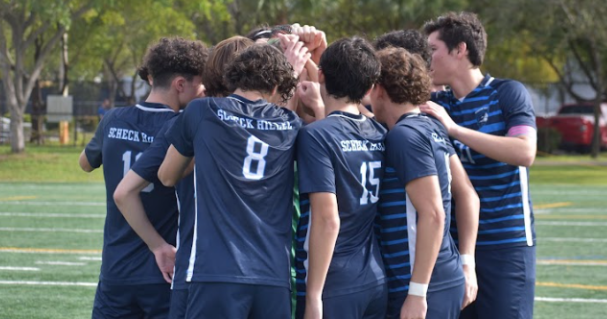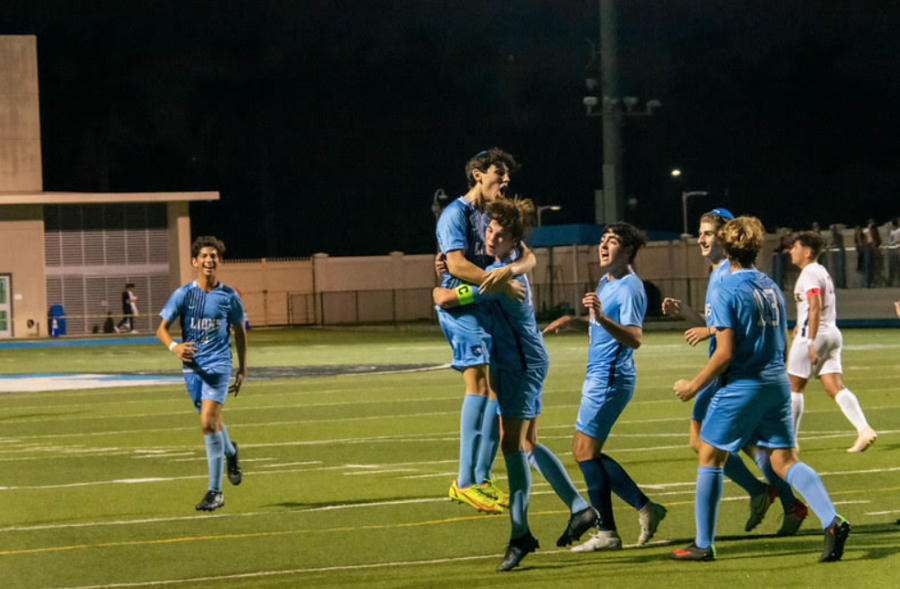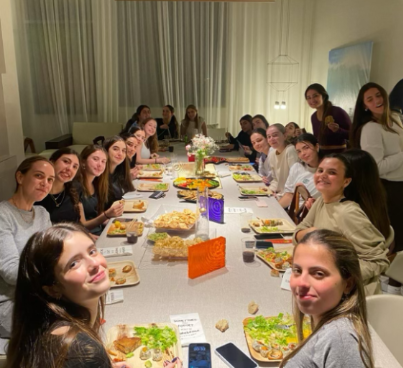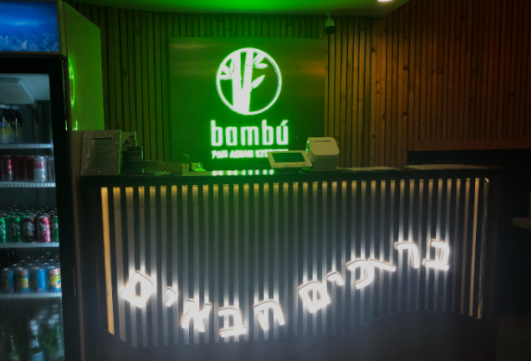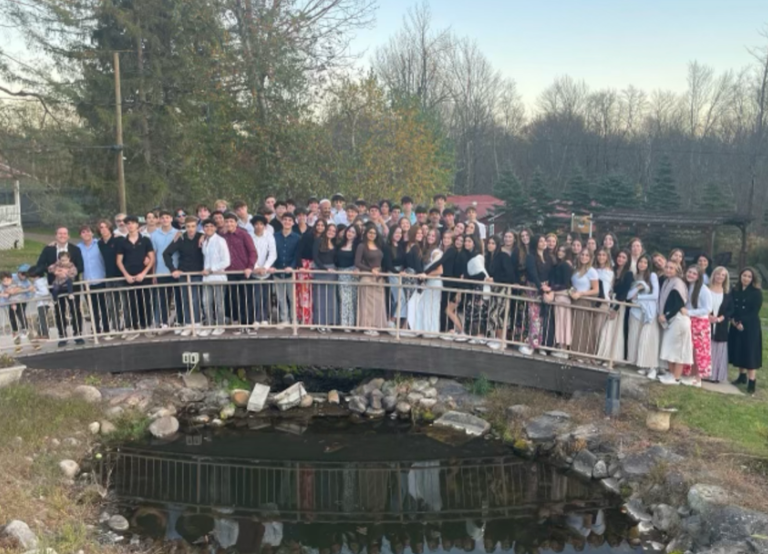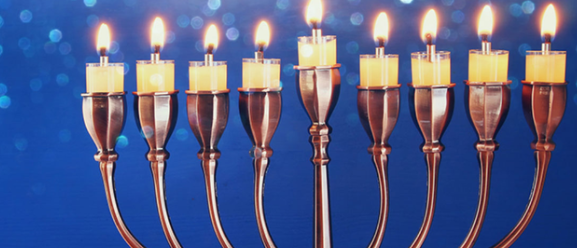
If one looks closely at the wording of the first few brachot of the Shemoneh Esrei, the central prayer of the Jewish faith, one will begin to notice the dependence of the human race on Hashem. In the second bracha, we list different ways Hashem actively helps us and keeps us uplifted. Concepts such as “healing of the sick” and “releasing of the bound” are mentioned, revealing how, throughout all of our hardships in life, it is truly Hashem Who ultimately supports us and liberates us from our troubles and sorrows.
This relationship between Hashem and His creations is made clear through the history of Kislev. The month of the Jewish calendar following Cheshvan, Kislev is well-known for its primary attraction: The exhilarating festival of Hanukkah. Hanukkah is replete with special practices and pleasures that contribute to it being known among students as one of the most cheery and joyous holidays of the year. From latkes to sufganiyot, candles to presents, Hanukkah is truly a wondrous festival! However, given this year’s circumstances, it hardly seems possible that there should be any form of celebration for us. How can we surround ourselves with delights while our brothers and sisters in Israel are stuck in horrible conditions, likely unable to celebrate to the same degree that we can?
To understand how we can (and still will) celebrate Hanukkah this year, it must be understood that the “delights” of Hanukkah are not the essence of this time. We often become so distracted by festivities that we forget the importance of the actual origins of the holidays we celebrate. What do we celebrate in Hanukkah? Of course, there is the well-known story of the oil: The small, meager jug of pure oil that, despite being fit for one day of light, somehow lasted eight whole days. But what is less known is just how miraculous the wartime victories of the Maccabees were. The Maccabees attempted to overthrow one of the superpowers of the world, the Yevanim (Greeks), and they succeeded in doing so marvelously. More surprising is how they emerged victorious despite the divisions among the Jewish people at the time. Under the rule of the Yevanim, a group of Jews began rejecting Jewish belief. These Jews decided to go against their traditions, wanting to fit into the new norms of society under the influence of the Yevanim. So how did the Maccabees emerge victorious?
One of the songs we have become so familiar with over the past month is a beautiful melody known as “Acheinu.” Acheinu is a song about unity and redemption. We start by singing about how we are all “brothers.” (As members of the Jewish nation, we are closely linked.) After stating that we are all one people, we beseech Hashem to have mercy on our brothers and sisters and ask Him to save them from their hardships and suffering. Interestingly, we refer to Hashem as “HaMakom” in this song. Why do we call Hashem by this name? Translated as “The Place” from Hebrew, it may seem odd to even give this name to Hashem. Surely the all-powerful, unlimited G-d is not confined to any amount of space? Rather, this name does not necessarily mean (or imply) a physical place but instead refers to how Hashem is a caring G-d Who has compassion for us no matter the places we find ourselves. When we use this name, we notice how, even though Hashem is all-powerful, He cares about us and wants to support us. It is as if He is physically there, standing by us in our times of need.
The Maccabees, who hoped to reunite the Jewish people by removing Greek influence from Israel, were supported by Hashem, Who wanted to help the righteous individuals fighting for the continuity of Jewish tradition. Once the Maccabees were finally able to retake the Beit HaMikdash, they were able to restore many Jewish practices, inspiring most of Am Yisrael to come together – even after the Yevanim had attempted to break them apart.
This is the story of Hanukkah and this is the story of our lives in this war. Too often, we are discouraged by challenges that face us, and they get in the way of our goals. Right now, Am Yisrael is fighting a brutal war… we are unfortunately praying for the health and safety of countless captives and Chayalim. As this war continues, the attacks of outside forces such as riots on college campuses can be depressing. Yet Hashem still cares about our ultimate goal: Unity. We turn to Hashem and say “Acheinu” – that we are one family. The Maccabees wanted to bring the Jewish people together, returning them from their deviant ways. Because of this, Hashem helped them achieve their goal through what were undoubtedly miraculous victories over the Yevanim. Today, when we call out the word “Acheinu”, we are asserting that we too want to be united.
Hashem knows that we pray for the safe return of our family in Gaza and around the world and He is more than willing to aid us in our efforts toward helping them. By looking at the history of Hanukkah, it is apparent that Kislev is a month of redemption from doubts and divisions. However, Hashem can only help us if we also take proper action. The Maccabees did this by fighting the influence of another nation to strengthen the bond between all Jews of their time. We need to express how we truly love and care for all of Am Yisrael and we can do this through innumerable acts of Ruach and Chessed in support of the State of Israel. Although we are disheartened by the lies of those who hate us, we must know that Hashem, the One Who is really in charge, cares about our unity. When looking at the phenomenal story of the Maccabees, we can see that we must remain steadfast through the pain and uncertainty of this war and continue forward. When we do this, Hashem will help us become an even stronger family.




